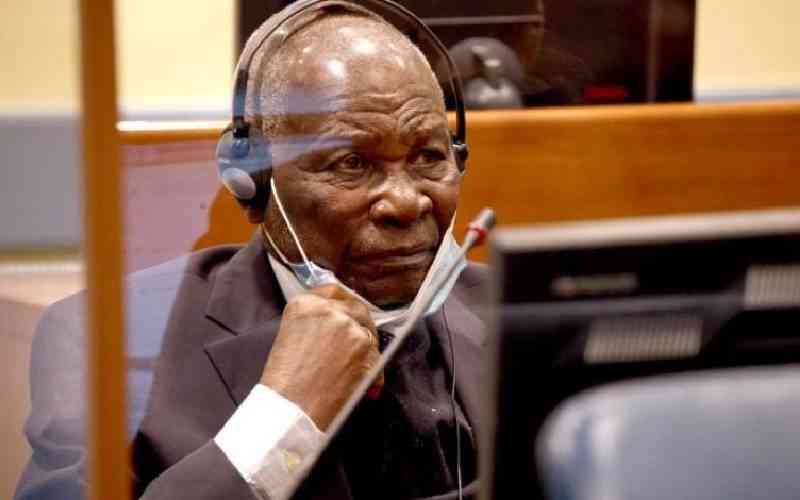
Growing up in the village, the highlight of every First Term holiday in the 90s was the Safari Rally. It was usually between March and April during the long rains.
In Machakos, the rains pounded the grasslands and flowers blossomed, for once. With other boys, we went about kicking wild mushrooms which sprang everywhere. Truly, in Shakespeare's "As you like it" terms, "springtime was the only pretty ring time."
The year 1994 was not any different. I was a Standard Six pupil then. That year, the rally was sponsored by Trust Bank. It started on March 31, the eve of school closure, and was ending on April 3.
Facts First
This story continues on The Standard INSiDER. Subscribe now for unfiltered journalism that holds power to account.
Already have an account? Login
 The Standard Group Plc is a multi-media organization with investments in media
platforms spanning newspaper print
operations, television, radio broadcasting, digital and online services. The
Standard Group is recognized as a
leading multi-media house in Kenya with a key influence in matters of national
and international interest.
The Standard Group Plc is a multi-media organization with investments in media
platforms spanning newspaper print
operations, television, radio broadcasting, digital and online services. The
Standard Group is recognized as a
leading multi-media house in Kenya with a key influence in matters of national
and international interest.

